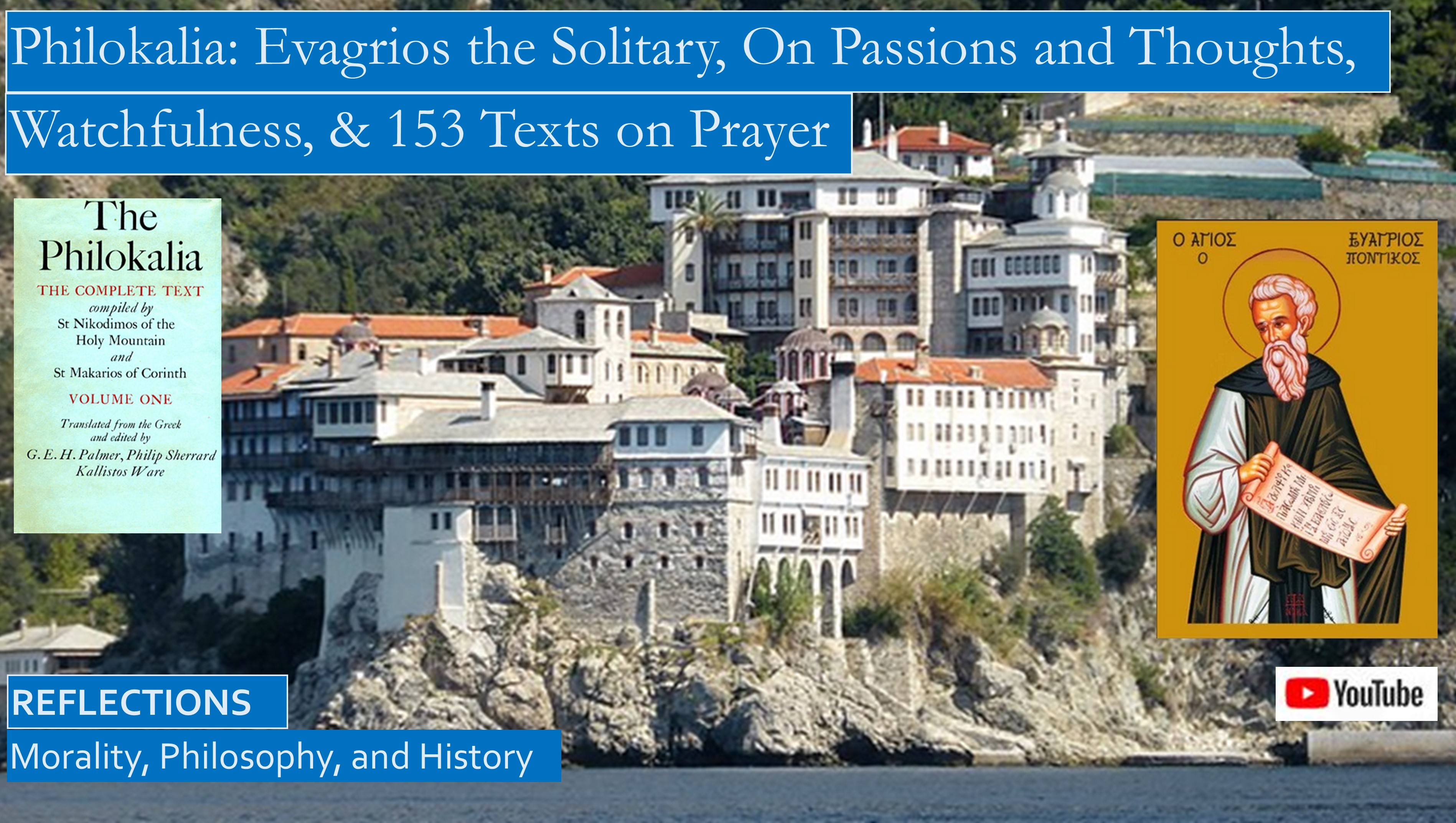
Evagrios’ Extracts from the Texts on Watchfulness are only a page, and they are another good summary of how live a godly life of self-discipline. So we will quote them in full.
Evagrios teaches us:
“1. A monk should always act as if he was going to die tomorrow; yet he should treat his body as if he was going to live for many years. The first cuts off the inclination to listlessness and makes the monk more diligent; the second keeps his body sound and his self-control well balanced.”
YouTube videos:
Philokalia: Evagrios the Solitary, Spiritual Father of St John Cassian, On Asceticism and Stillness
https://youtu.be/UGiqdHht9hY
Philokalia: Evagrios the Solitary, On Passions and Thoughts, Watchfulness, and 153 Texts on Prayer
https://youtu.be/QGkUMYbP-zM
Evagrios Blog 1 http://www.seekingvirtueandwisdom.com/evagrios-the-solitary-blog-1-asceticism-and-stillness/
Laziness is the opposite of diligence, but listlessness is not the same as laziness, listlessness happens when you tire of diligence and become discouraged when seeking your spiritual goals. Listlessness is like the young wife who gives up on her marriage and tunes out her husband, theirs will be a marriage of misery if not divorce. But if we realize we may die tomorrow, then we will be quicker to forgive, we will be quicker to love, we will be more likely to be diligent for yet another day.
“2. He who attained spiritual knowledge and has enjoyed the delight that comes from it will no longer succumb to the demon of self-esteem, even when he offers him all the delights of the world; for what could the demon promise him that is greater than spiritual contemplation?”
We should all pray for our priests and our pastors, for every Sunday they lead the service, they preach to all of us how we should live our lives, how easy it is for them to succumb to the demon of self-esteem. How easy is for any of us who are in positions of authority, whether we are generals in charge of tens of thousands of troops, or managers in charge of many offices, or even grade school teachers in charge of a class of five year-olds, or fathers, or mothers? But if we pray and read spiritual writings so our knowledge changes both our thoughts and our hearts, warming and delighting our soul, perhaps then we can guard against the demon of self-esteem.
“But so long as we have not tasted this knowledge, let us devote ourselves eagerly to the practice of the virtues, showing God that our aim in everything is to attain knowledge of Him.”
“3. We should examine the ways of the monks who have preceded us, and achieve our purpose by following their example. One of the their many counsels is that a frugal and balanced diet, accompanied by the presence of love, quickly brings a monk into the harbor of dispassion.”
“4. Once I visited St Makarios at noon and, burning with intense thirst, I asked for a drink of water. But he said, ‘Be satisfied with the shade, for at this moment there are many travelers who lack even that.’
Perhaps this is a reference to Jesus and his first temptation, but the difference is the Deceiver offered Jesus bread, but Jesus did not ask for it, after he had not eaten for forty days and nights, for man does not live by bread alone, but by the Words that come from the mouth of God. “Give us this day our daily bread,” both enough to satisfy our physical needs, but also the heavenly bread of the heart. Evagrios is not offered but asks for a drink of water to satisfy his intense thirst, his physical thirst from walking half the day in the desert, and his spiritual thirst for spiritual knowledge. Perhaps this also is a reference to Jesus’ word on the Cross, “I thirst,” both the thirst of the dying and tortured Son of Man, but also the thirst of the Son of God for the salvation of men, even the men who crucified Him, and those disciples who were too fearful to stand at the foot of the cross.
No matter what our struggles, whatever our sufferings, there are those who struggle more, who suffer more. We can pray for deliverance from our sufferings, but we can first pray for the patience and endurance to bear our sufferings, and to pray our sufferings will make us stronger and more compassionate, that our sufferings will not make us bitter.
“Then, as I was telling him of my difficulties in practicing self-restraint, he said, ‘Take heart, my son; for during the whole of twenty years I myself have never had my fill of bread, water or sleep; but I have carefully measured my bread and water, and snatched some sleep by leaning a little against the wall.”
Fasting at its simplest is simply not eating our fill, eating simple foods to sustain our health, not being selfish, not being a pig.
“5. Spiritual reading, vigils and prayer bring the praying intellect to stability. Hunger, exertion and withdrawal from the world wither burning lust. Reciting the psalms, long-suffering and compassion curb our incensive power when it is unruly. Anything untimely or pushed to excess is short-lived and harmful rather than helpful.”[1]
Evagrios Blog 4 http://www.seekingvirtueandwisdom.com/evagrios-the-solitary-blog-4-153-texts-on-prayer/
[1] Evagrios, “Extracts from the Texts on Watchfulness,” In the Philokalia, The Complete Text, compiled by St Nikodimos of the Holy Mountain and St Makarios of Corinth, Vol. 1, translated and edited by GEH Palmer, Phillip Sherrard, and Kallistos Ware (London: Faber and Faber, 1979), paragraphs 1-3, pp. 53-54.


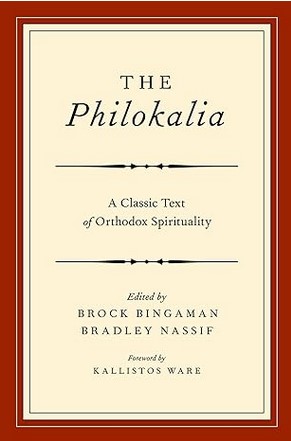

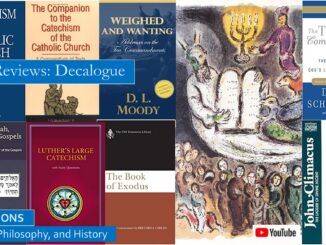
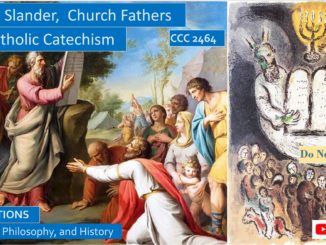
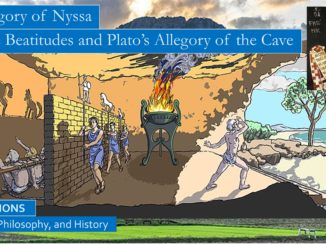
2 Trackbacks / Pingbacks